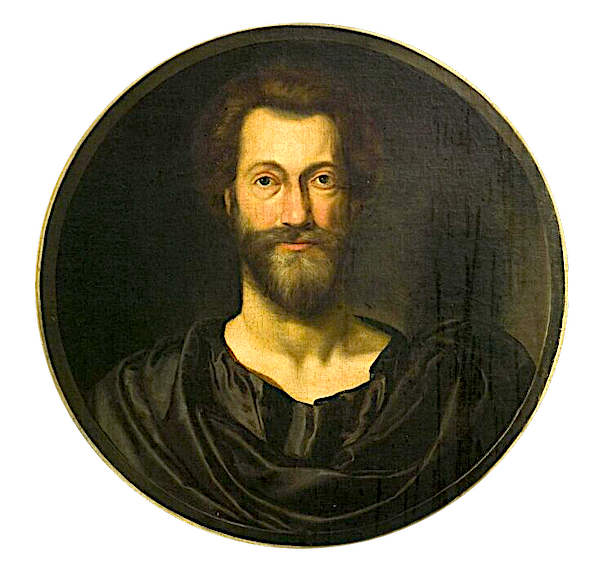Search
Democracy Links
Member's Off-site Blogs
donne for evermore catching a falling starre.....

Song: Goe, and catche a falling starre
BY JOHN DONNE
Goe, and catche a falling starre,
Get with child a mandrake roote,
Tell me, where all past yeares are,
Or Who cleft the Divels foot,
Teach me to heare Mermaides singing,
Or to keep off envies stinging,
And finde
What winde
Serves to advance an honest mind.
If thou beest born to strange sights,
Things invisible to see,
Ride ten thousand daies and nights,
Till age snow white haires on thee,
Thou, when thou return'st, wilt tell mee
All strange wonders that befell thee,
And sweare
No where
Lives a woman true, and faire.
If thou findst one, let me know,
Such a Pilgrimage were sweet;
Yet doe not, I would not goe,
Though at next door wee might meet,
Though she were true, when you met her,
And last, till you write your letter,
Yet shee
Will bee
False, ere I come, to two, or three.
WE HAVE KEPT THE ORIGINAL SPELLING OF THE POEM. IT ACTUALLY FEELS STRONGER, TRUER, THAN OUR MODERN SPELLING VERSIONS. JOHN DONNE WAS ALSO A SATIRIST:
The picture above is one of the first known portraits of an Elizabethan author, and was made by an unknown artist around 1595. At this time John Donne was probably living as a man-about-town at the Inns of Court in London and producing his elegies and urban satires, where male speakers talk cynically of adultery and ambition.
----------------
The English writer and Anglican cleric John Donne is considered now to be the preeminent metaphysical poet of his time. He was born in 1572 to Roman Catholic parents, when practicing that religion was illegal in England. His work is distinguished by its emotional and sonic intensity and its capacity to plumb the paradoxes of faith, human and divine love, and the possibility of salvation. Donne often employs conceits, or extended metaphors, to yoke together “heterogenous ideas,” in the words of Samuel Johnson, thus generating the powerful ambiguity for which his work is famous. After a resurgence in his popularity in the early 20th century, Donne’s standing as a great English poet, and one of the greatest writers of English prose, is now assured.
The history of Donne’s reputation is the most remarkable of any major writer in English; no other body of great poetry has fallen so far from favor for so long. In Donne’s own day his poetry was highly prized among the small circle of his admirers, who read it as it was circulated in manuscript, and in his later years he gained wide fame as a preacher. For some 30 years after his death successive editions of his verse stamped his powerful influence upon English poets. During the Restoration his writing went out of fashion and remained so for several centuries. Throughout the 18th century, and for much of the 19th century, he was little read and scarcely appreciated. It was not until the end of the 1800s that Donne’s poetry was eagerly taken up by a growing band of avant-garde readers and writers. His prose remained largely unnoticed until 1919.
In the first two decades of the 20th century Donne’s poetry was decisively rehabilitated. Its extraordinary appeal to modern readers throws light on the Modernist movement, as well as on our intuitive response to our own times. Donne may no longer be the cult figure he became in the 1920s and 1930s, when T.S. Eliot and William Butler Yeats, among others, discovered in his poetry the peculiar fusion of intellect and passion and the alert contemporariness which they aspired to in their own art. He is not a poet for all tastes and times; yet for many readers Donne remains what Ben Jonson judged him: “the first poet in the world in some things.”
Let sea-discoverers to new worlds have gone,
Let maps to others, worlds on worlds have shown,
Let us possess one world, each hath one, and is one.
READ MORE:
https://www.poetryfoundation.org/poets/john-donne
- By Gus Leonisky at 20 Apr 2023 - 8:09am
- Gus Leonisky's blog
- Login or register to post comments
Recent comments
5 hours 20 min ago
6 hours 3 min ago
7 hours 55 min ago
8 hours 8 min ago
9 hours 20 min ago
9 hours 40 min ago
9 hours 48 min ago
10 hours 30 min ago
11 hours 3 min ago
12 hours 43 min ago